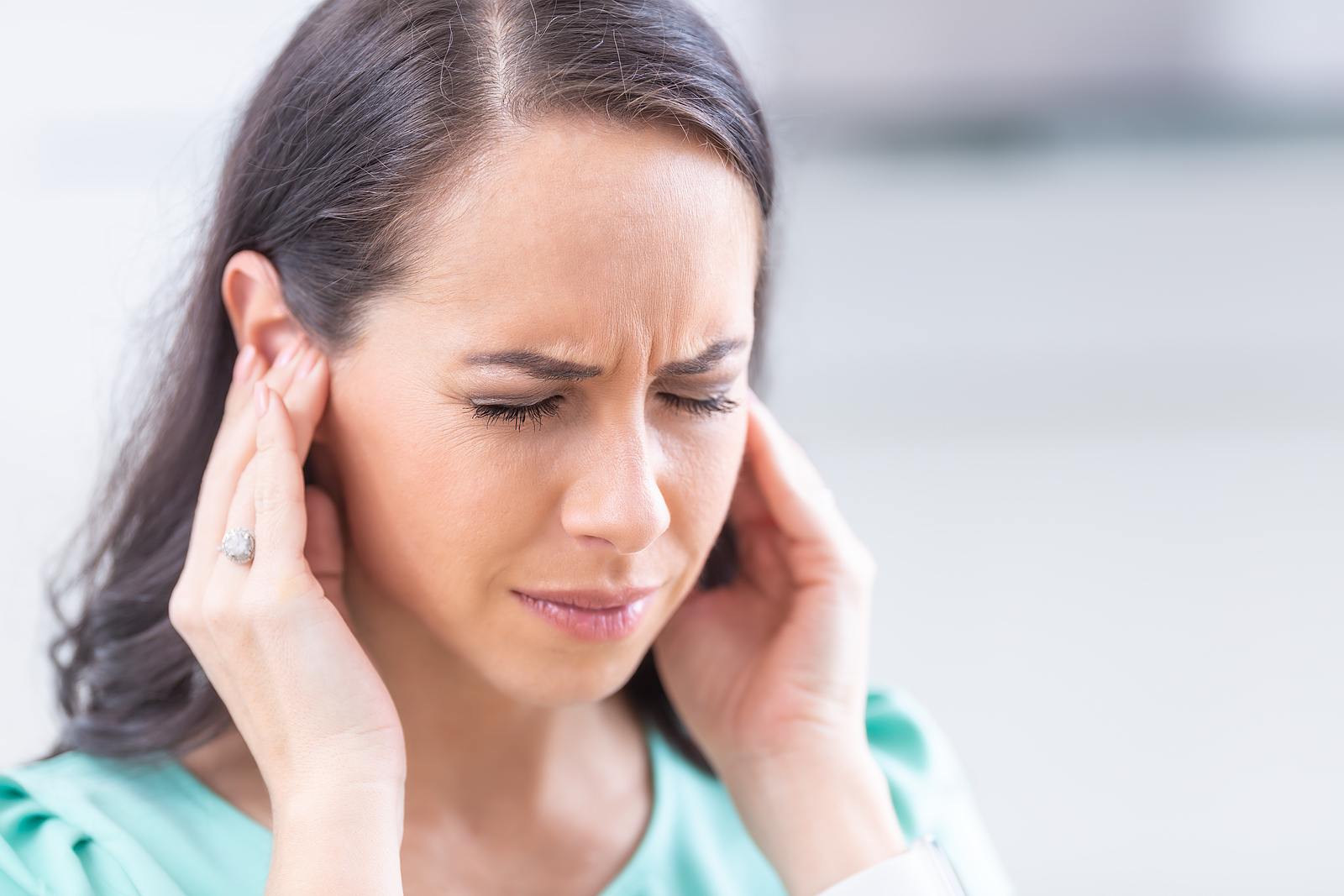In our busy cities, we’re surrounded by sounds day in and day out. From the blaring horns of city traffic to the incessant hum of industrial machinery, noise is everywhere. Yet, what many fail to realize is that this ever-present noise is not just a mere annoyance; it’s a serious environmental issue known as noise pollution. It can have some far-reaching impacts, affecting our well-being and our hearing health.
The Nature of Noise Pollution
Noise pollution is defined as any unwanted or harmful outdoor sound created by human activities. Unlike other forms of pollution, noise does not leave a tangible footprint on the environment. However, its effects are profound, influencing both public health and wildlife.
Impact on Human Health
Prolonged exposure to high levels of noise can lead to a wide range of possible health issues:
- Hearing Loss: Perhaps the most obvious consequence, constant exposure to loud noises can damage the delicate structures of the inner ear, leading to temporary or permanent hearing loss. This is one of the most common concerns caused by noise pollution.
- Stress and Heart Disease: Noise acts as a stressor, activating our fight or flight response and causing the release of stress hormones. Over time, this can lead to increased blood pressure, heart disease, and stroke. It can also lead to irritability, frustration, and other emotions related to high stress levels.
- Sleep Disturbance: Quality sleep is vital for our health and well-being. Unfortunately, noise can disrupt sleep patterns, leading to insomnia and its associated problems, such as fatigue, irritability, and decreased cognitive function. Noise pollution often leads to sleep disturbances and related health concerns.
- Mental Health Issues: There is a significant link between noise pollution and mental health problems, such as stress, anxiety, and depression, in both children and adults.
Impact on Wildlife
Noise pollution also takes a toll on wildlife, affecting their ability to communicate, find food, mate, and avoid predators. For instance:
- Marine Life: Underwater noise from shipping, oil exploration, and military activities can disorient and damage marine species’ hearing, particularly those that rely on echolocation, like dolphins and whales.
- Birds: Noise interferes with birdsong, which is crucial for territory defense and mating. It can lead to a decrease in bird populations and diversity in noisy areas.
- Wildlife: Noise can alter the natural behavior of wildlife, leading to habitat displacement, reduced mating success, and increased risk of predation.
Steps Towards a Quieter World
While the problem of noise pollution might seem insurmountable, there are steps we can take to mitigate its impacts:
- Urban Planning: We can design cities with noise reduction in mind, including the use of green spaces and sound barriers.
- Regulation: By implementing laws that limit noise levels in residential and natural areas, we can enjoy quieter neighborhoods that are better for our health and our planet.
- Public Awareness: Education can go a long way. By letting others know about the effects of noise pollution and how to minimize their personal contributions, we can work toward a quieter city.
- Innovative Technologies: Companies are always developing quieter machinery, vehicles, and industrial processes to help reduce noise pollution.
Personal Actions Matter
On an individual level, we can all make a difference by being mindful of the noise we generate and advocating for changes in our communities. Additionally, protecting our hearing is very important. Regular hearing tests are an essential tool for detecting early signs of hearing damage due to noise exposure.
Noise pollution is an often-overlooked environmental challenge that poses significant risks to human health, wildlife, and the overall quality of life. As we continue to navigate a world filled with sound, we need to address this invisible threat to do the right thing for our ears and our health.
Book a Hearing Test
Are you concerned about how noise pollution might be affecting your hearing health? Book a hearing test to find out more. Early detection is key to preventing further hearing loss and making sure that you remain connected to the sounds that enrich your life.
Let’s not wait until silence becomes a luxury. By taking action now, we can preserve the sounds of the natural world’s soundtrack and safeguard our health and that of the planet. Book a hearing test today, and take the first step towards a healthier, quieter tomorrow.

